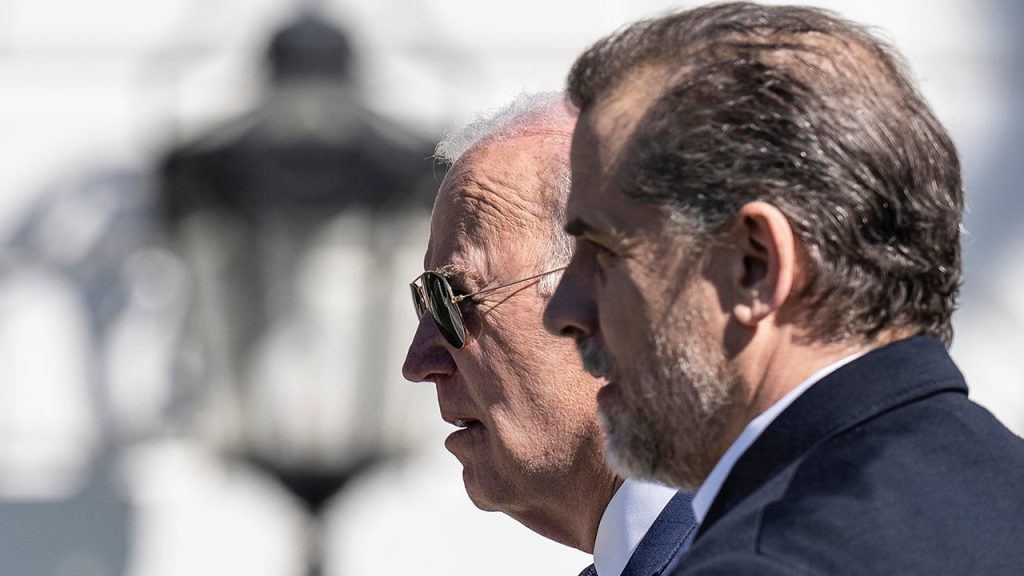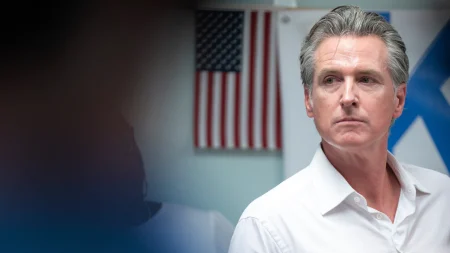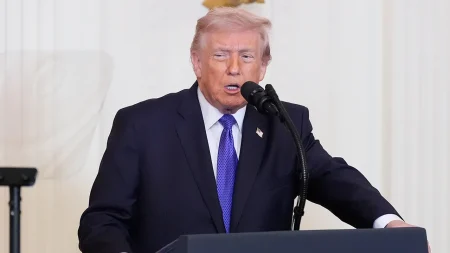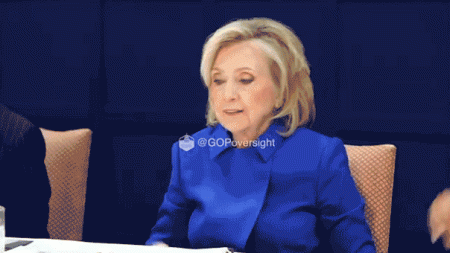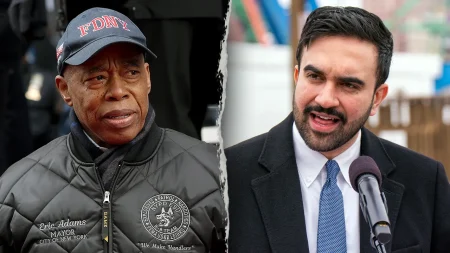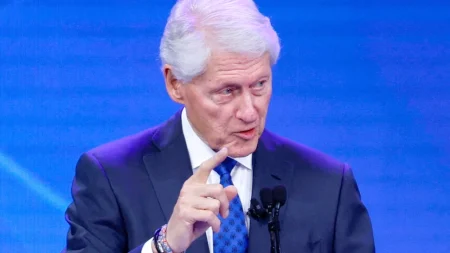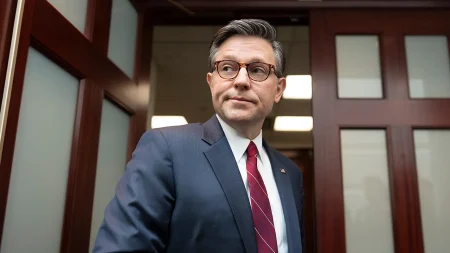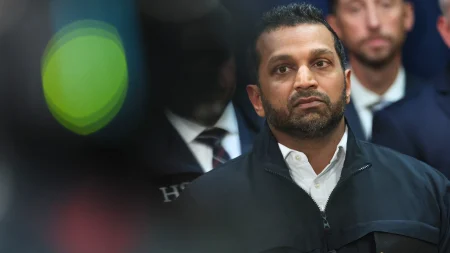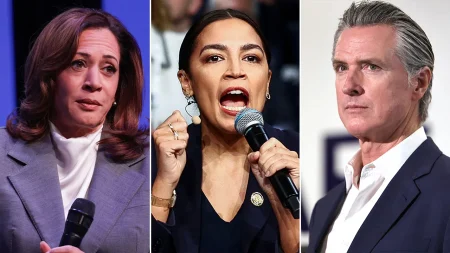A recently surfaced video has ignited discussions surrounding Hunter Biden’s potential pardon and its implications for President Joe Biden’s stance on the matter. In the clip, Hunter demonstrates a confident demeanor while being questioned about whether he is anticipating a pardon following his legal challenges. Throughout the year, President Biden publicly maintained that he would not intervene in the judicial process concerning his son, creating a sense of intrigue regarding the timing of any decision he may have made about a pardon. Despite facing serious charges, including a maximum potential sentence of 17 years in prison, Hunter Biden appears unfazed and unperturbed, which raises questions about his expectations for his father’s intervention.
The video, which was captured by Fox News Digital, shows Hunter exiting a Malibu restaurant with notable confidence and a smile in the face of inquiries about a possible pardon. Recorded shortly after he faced a conviction for three felony charges tied to his firearm purchase and just before he pleaded guilty to tax evasion, the clip draws attention not only to the prevailing legal troubles surrounding Hunter but also to his demeanor amid them. Hunter’s exchange with the man recording the video reflects a curious juxtaposition; while the president has publicly declared his intent to refrain from pardoning his son, Hunter’s nonchalant reaction to questions about a potential pardon suggests he may have been privy to more information than he outwardly shared.
In June, Hunter Biden was convicted for providing false information on a federal screening form and for unlawful possession of a firearm, given his history of drug addiction. This conviction was compounded by his subsequent guilty plea to felony tax evasion charges, where he admitted to failing to pay over $1.4 million in federal taxes from 2016 to 2019. Amid such serious legal ramifications, Hunter Biden’s apparent ease in discussing the notion of a pardon is striking, particularly in the context of his father’s stated position on the issue. The president had explicitly articulated his refusal to interfere with the judicial process, leaving many to wonder about the potential contradiction brought forth by the video’s implications.
As the legal proceedings unfolded, President Biden was consistently questioned about the possibility of granting his son clemency. During an event at the G7 Summit, he reiterated that he would respect the judicial outcomes and had definitively ruled out a pardon for Hunter. However, just days later, the president issued a full and unconditional pardon for his son’s legal offenses, framing the decision as a reaction to what he described as a politically motivated prosecution. He portrayed Hunter’s case as being influenced by partisan politics, arguing that the charges stemmed from a desire to undermine his presidency rather than from genuine concern over legal violations.
The president’s shift in stance marks a critical moment, fueling discussions about the implications for his administration and his legacy. Critics, including legal analysts, have suggested that this decision could solidify perceptions of President Biden’s integrity or lack thereof, with some labeling him a “liar in chief” for failing to uphold his previous commitments. The contrasting narratives surrounding Hunter’s legal battles and the subsequent presidential pardon highlight the complexities of balancing familial ties with political responsibilities, a scenario compounded by the intense scrutiny currently surrounding the Biden administration.
Despite the controversies, the reaction to the pardon also reflects a broader public sentiment regarding the politicization of the judicial system. Many see Hunter Biden’s situation as emblematic of a double standard in how political figures and their families are treated compared to ordinary citizens. As Hunter awaits sentencing, scheduled for mid-December, the ramifications of both his legal challenges and his father’s decision to grant clemency will continue to shape the discourse around justice, privilege, and accountability within the American political landscape. The unfolding narrative serves as a vivid reminder of the intersection between family loyalty, political strategy, and the intricate dynamics of power.



